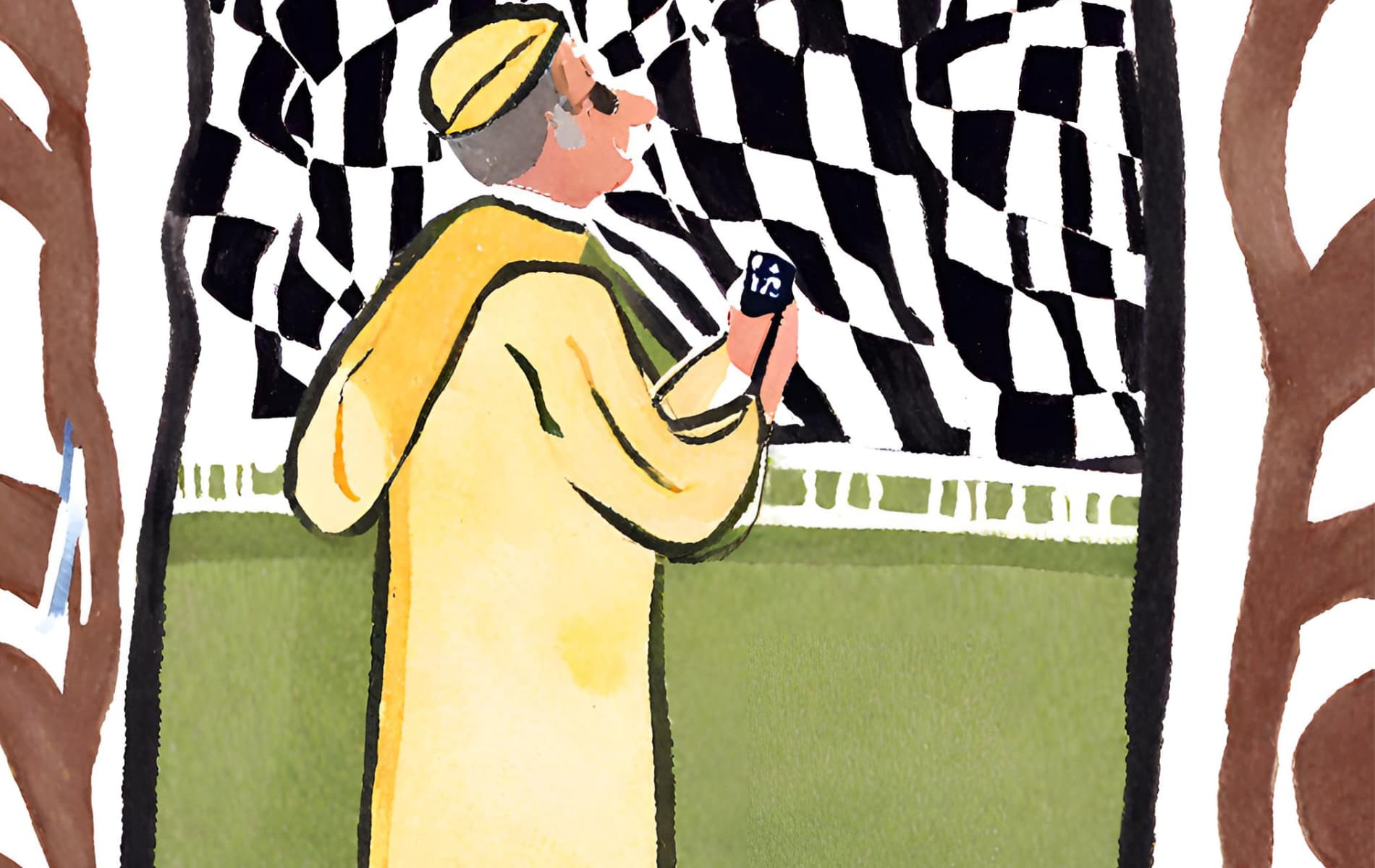Gambling with House of Pokies involves risking money to try and increase it through chance. While the Bible doesn’t specifically denounce gambling, it cautions against the love of money (1 Timothy 6:10; Hebrews 13:5). Scriptures also advise against seeking quick riches (Proverbs 13:11; 23:5; Ecclesiastes 5:10), and gambling often focuses on the desire for easy wealth and money.
What’s the issue with gambling? It’s a complex matter because if not misused, it’s more of a waste of money than a sin. People splurge money on various activities. In this scenario, gambling isn’t necessarily a more wasteful use of money than watching a movie (in most cases), indulging in overly expensive meals, or buying unnecessary items.
Today we will explore how religious perspectives on gambling have changed over time, how online gaming can be enjoyed responsibly, and how these two things can work together.
All Things Change, Including Attitude to Gambling
Firstly, it’s important to recognize that religion’s attitudes towards gambling have shifted over time. In many historical societies, gambling was an accepted and even revered part of life.
In Ancient Rome, for example, gambling was considered a pastime for the rich and wealthy and was even thought to ease tensions and prevent social unrest. In the Middle Ages, Christian leaders endorsed gambling as a way to raise money for the church.
It wasn’t until the Protestant Reformation that gambling came to be seen as a vice, and not until the early 20th century that the United States and other countries banned gambling in certain forms.
Nowadays, many religions still view gambling as a harmful practice. In Islam and Judaism, gambling is generally considered haram and forbidden by religious law. In Christianity, the Bible views gambling as a negative practice in regards to stewardship of God’s resources. However, some religious denominations allow certain types of gambling activities, like bingo or raffles, as long as the proceeds go towards charitable or religious purposes.
Don’t Ban It. Learn It.
Fortunately, online gaming can be enjoyed responsibly and is sometimes even used as a way to connect with others while simultaneously developing skills and problem-solving abilities.
A big difference between online gaming and traditional gambling is the level of control players have over the games that they play. People who are concerned about gambling addiction should consider playing games that have no monetary value, such as puzzle or strategy-based games. What’s more, most online gaming platforms now have anti-addiction and responsible gaming resources to help gamers make educated decisions about how long, how much, and how often they play.
There are many different ways that online gaming and religion can intersect and interact with each other. For example, some religious organizations and individual players use gaming platforms to spread religious messages or discuss faith-based topics.
For people looking for a faith-based gaming community, there are many games that offer stories or themes in line with specific religions or religious teachings. These can offer a way to explore religious ideas alongside fellow believers without sacrificing the fun of gaming.
Benefits of Games Spreading Religion
Games with a religious component have been popular for decades, offering players the opportunity to explore a variety of cultural and mythological traditions in an interactive, engaging way.
From larger-than-life epics like Assassin’s Creed to more intimate stories like That Dragon, Cancer, religious themes have been woven into gaming narratives with increasing frequency. While some have generated controversy over the years, the power of games to spark conversation and reflection on important philosophical, social, or ethical issues is undeniable.
Religious themes have been just one way that games are exploring the complex, multi-layered nature of the human experience. As technology continues to evolve, it seems likely that games will only continue to grow in their ability to engage, enlighten, and inspire.
Conclusion
While gambling has often been viewed negatively by many religions, online gaming doesn’t necessarily have the same consequences. There are opportunities for online gaming and religion to coexist, such as playing games with no monetary value and exploring faith-based gaming communities.
It’s vital to remember the dangers of gambling addiction and to know when to seek help. Ultimately, faith can have a positive influence in gaming, offering an opportunity to connect with others and engage in a meaningful way while enjoying the mental and social benefits of gaming.
